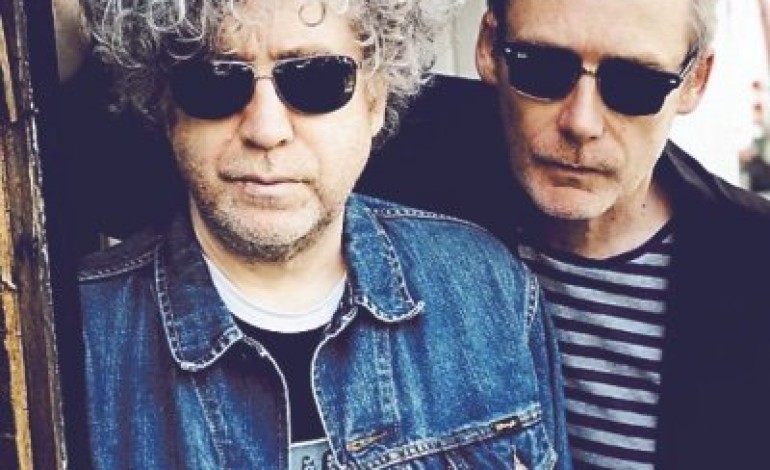
Jim and William Reid from The Jesus And Mary Chain, and Rober Fripp of King Crimson are amongst a group of songwriters who are suing PRS for Music over how it has been handling royalty payments from live performances of artists. The artists have accused the PRS of levying high administration costs for smaller songwriters and giving bigger, more established artists preferential treatment.
PRS acts as an intermediary between the companies that play the music, such as radio stations and live events, and the people who create the music. The companies sign licences and then PRS distributes royalties to the songwriters.
This group of songwriters has paired up with PACE Rights Management, who are an organisation that offers artists direct licencing of their live public performance rights. PACE was founded by artist managers who are critical of PRS’s system. The group are pushing for songwriters and publishers’ right to efficiently directly license their live public performance rights, so they don’t have to go through the PRS.
Direct licensing would mean that artists get royalty payments faster, have fewer deductions from their payments and better transparency.
In a joint statement by the group of songwriters they have said that “Regretfully, after years of PRS refusing to discuss or constructively engage with these issues – including the withdrawal of Live Performance rights, the lack of transparency around international deductions, and the operation of the Major Live Concert Service – we have been left with no option but to seek redress through the courts.
“The ball is now firmly in PRS’s court. Either they constructively engage with much needed reforms to empower and benefit writers and publishers, or they continue to resist these necessary changes, and attempt to defend the indefensible by spending yet more of the members’ money on legal costs supporting policies that make the members less money.”
In a statement to the Guardian the PRS responded saying: “Our policies and rules follow a thorough and extensive approval and review process by the Board and the Members’ Council, which is comprised of members and independent non-executive directors appointed by the membership,” it continues saying that “The rules which govern the process for live rights withdrawals were approved by members at the PRS AGM.”
The PRS has what it calls Major Live Concert Service (MLCS) which handles royalty administration for arena- and stadium-level acts which has deals with major songwriters to take an “administrative charge” of £125 per gig from their royalties. However, for other acts PRS takes a 23% cut from the royalties before paying the songwriters. This is capped at £1250.
Pace alleges that the songwriters that are not on the MLCS are being charged 115 times more than the artists who are.
This follows separate action taken by Blur’s Dave Rowntree against PRS in April, where Rowntree alleged that the PRS is in violation of UK and EU competition rules over how it deals with “black box” which is money that cannot be paid through for various reasons.
